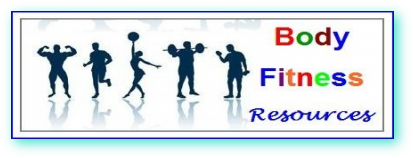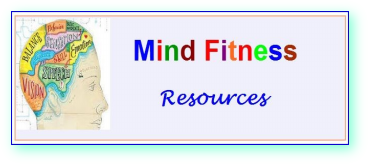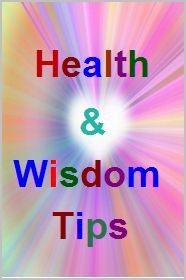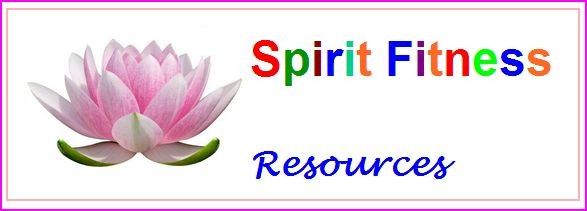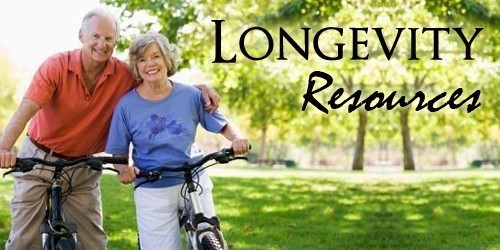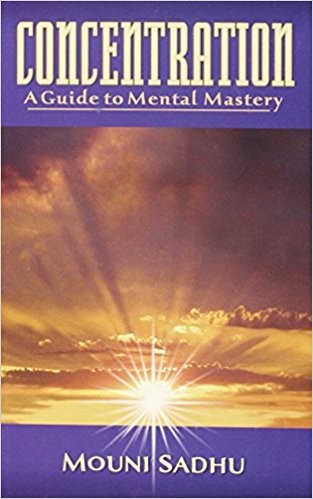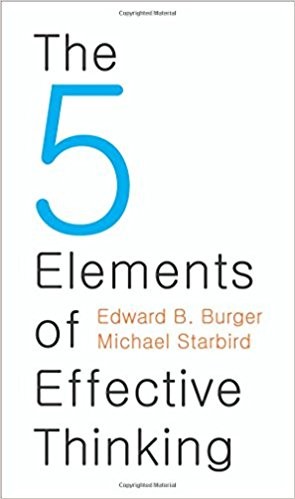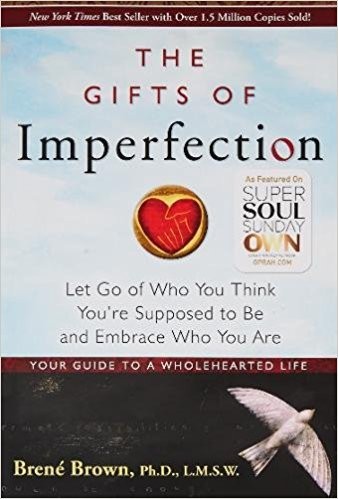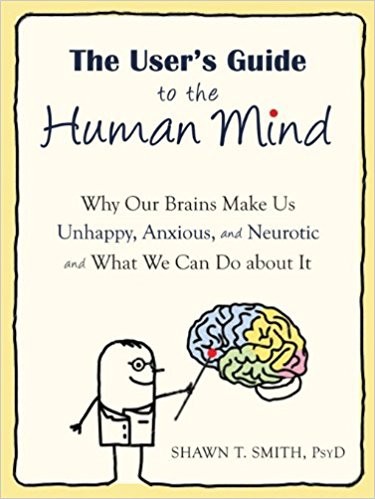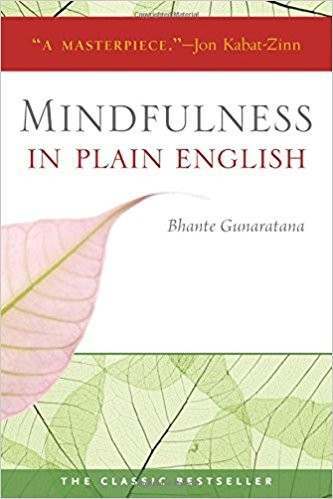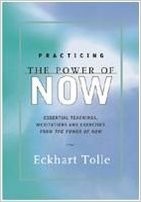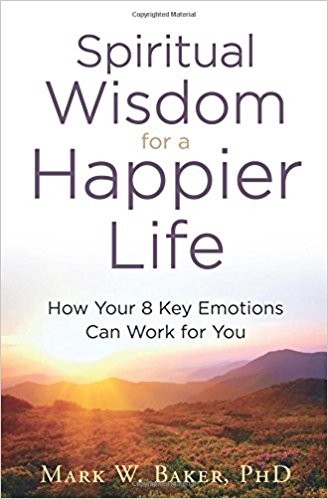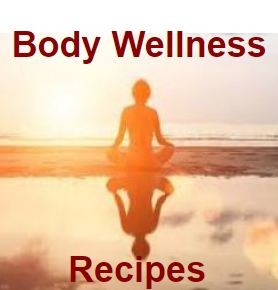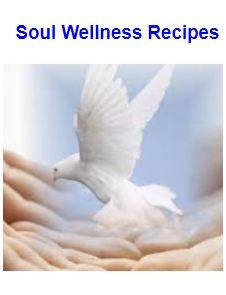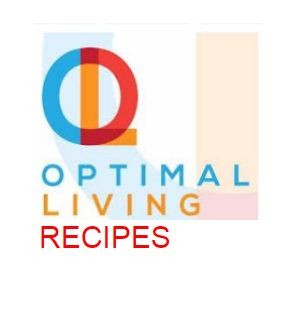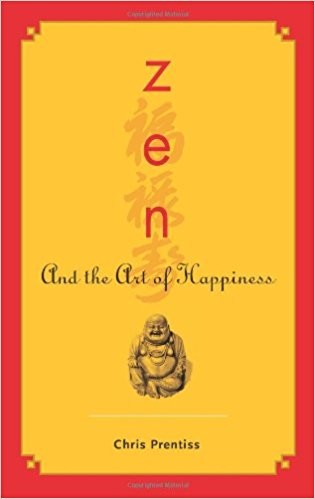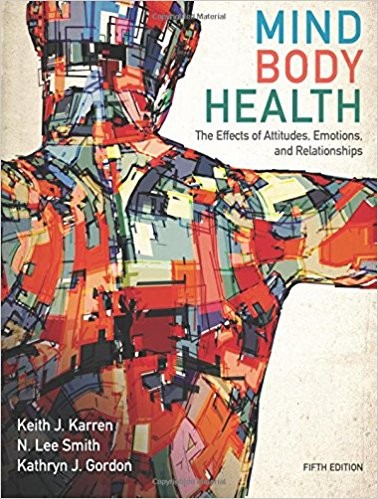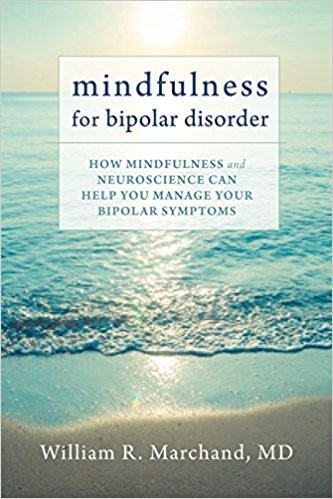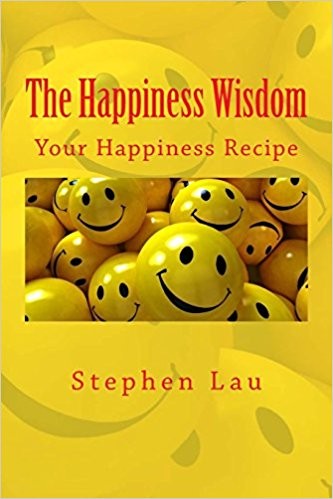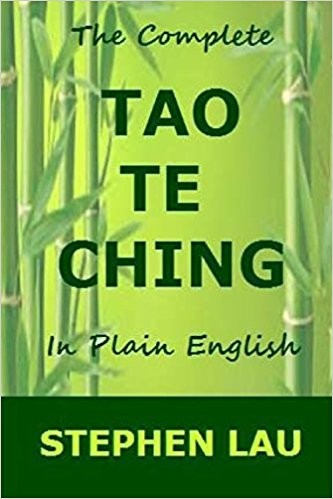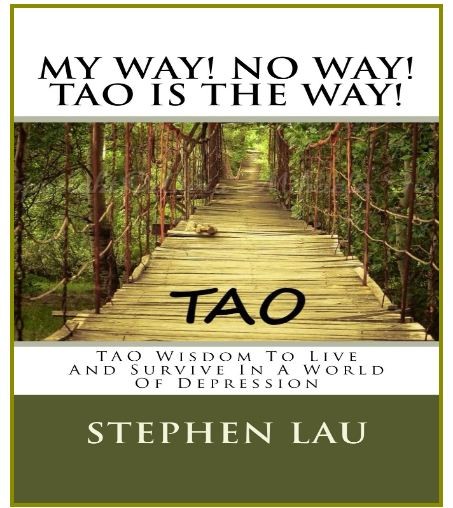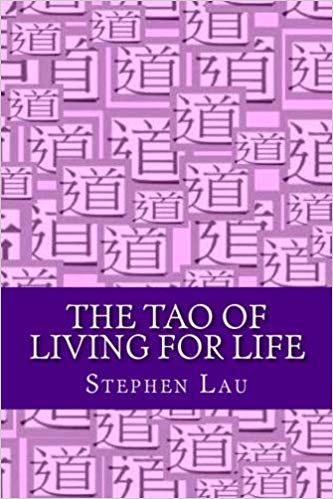

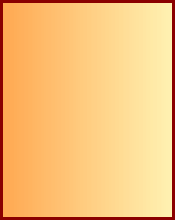
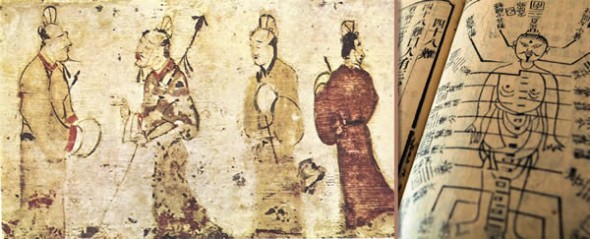

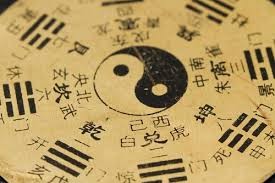
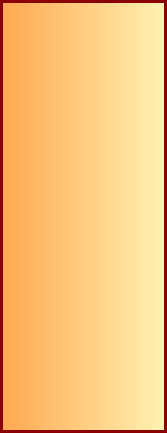
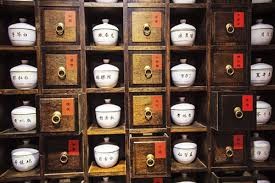
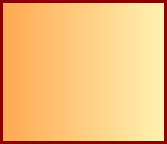
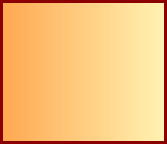
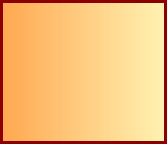

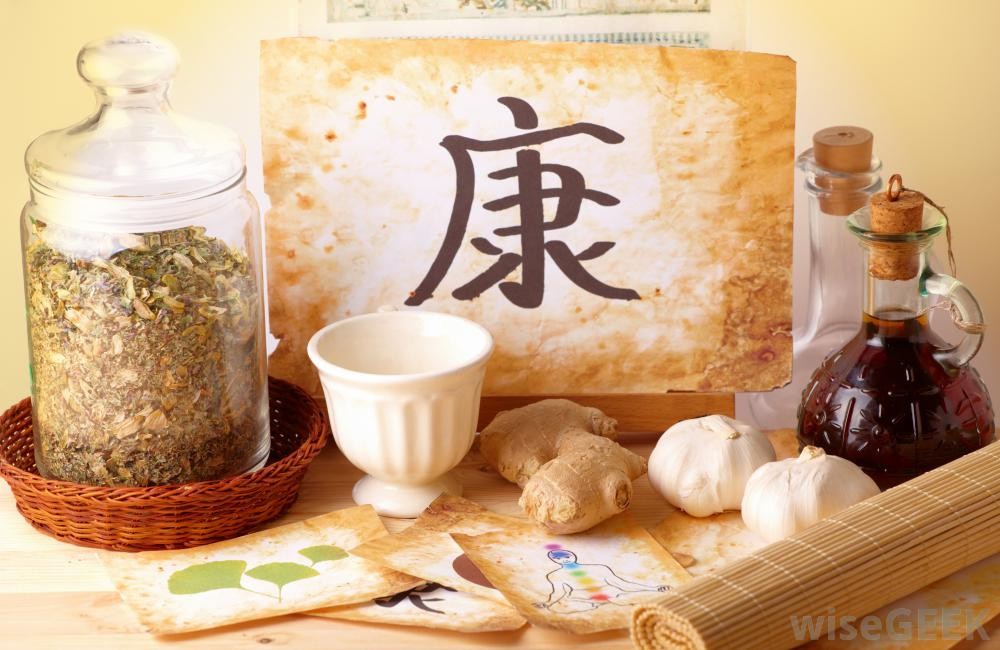
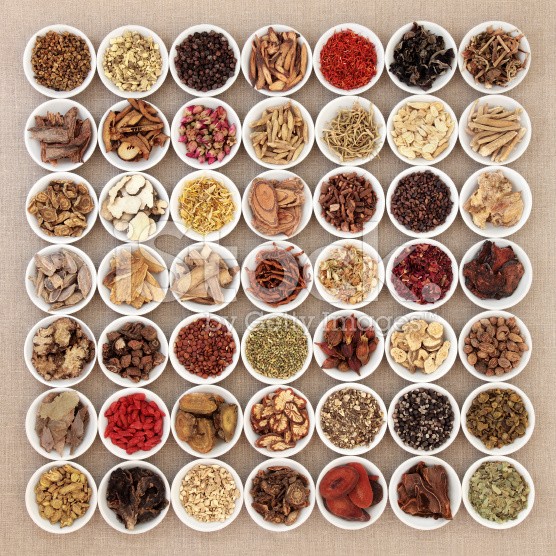
Stephen Lau's blogs:
Reflections of Stephen Lau
Tao Wisdom and
Biblical Wisdom
Wisdom from Books
Myasthenia Gravis Disorder
Increase Mind Power
Vision Healing
Reflections of Stephen Lau
Tao Wisdom and
Biblical Wisdom
Wisdom from Books
Myasthenia Gravis Disorder
Increase Mind Power
Vision Healing
Daily TAO Reflections


LIVING WITHOUT OVER-DOING
Living in Tao is living without over-doing. According to conventional wisdom, more is often better than less-the more you do, the more you will accomplish.
Tao wisdom emphasizes “wu-wei”: “Wu” means “no” and “wei” means “doing.” Due to the literal translation of the original text, “wu-wei” is sometimes misinterpreted as “non-doing,” and therefore even regarded as a “passive” way of looking at life by Lao Tzu. “No over-doing” is a more appropriate translation of “wu-wei.”
Contrary to conventional wisdom, which focuses much on effort, Tao wisdom emphasizes "effortless" effort.
"The softest thing in the world
overcomes what seems to be the hardest.
That which has no form
penetrates what seems to be impenetrable.
That is why we exert effortless effort.
We act without over-doing.
We teach without arguing.
This is the Way to true wisdom.
This is not a popular way
because people prefer over-doing.
(Lao Tzu, Tao Te Ching, chapter 43)
Everything in this world happens with a reason, but we may not know the why; and everything follows a natural cycle, just like the four seasons. Spontaneity is one of the essentials of Tao wisdom.
Stephen Lau
Copyright© by Stephen Lau
**********************************************************
NO CHOOSING AND PICKING
Following the natural cycle of all things, we do not need to pick and choose. Picking and choosing is only sickness of the mind: the futility in striving to control what is uncontrollable.
"People naturally avoid loss and seek gain.
But with all things along the Way,
there is no need to pick and choose.
There is no gain without loss.
There is no abundance without lack.
We do not know how and when
one gives way to the other.
So, we just remain in the center of things,
trusting the Creator, instead of ourselves.
This is the essence of the Way."
(Lao Tzu, Tao Te Ching, chapter 42)
Picking and choosing is synonymous with control of self, of others, and of everything around, which is against the laws of nature.
Controlling external events is futility.
Control is but an illusion.
Whenever we try to control,
we separate ourselves from our true nature.
Man proposes; the Creator disposes.
Life is sacred: it flows exactly as it should.
Trusting in the Creator, we return to our breathing,
natural and spontaneous, without conscious control.
In the same manner:
sometimes we have more,
sometimes we have less;
sometimes we exert ourselves,
sometimes we pull back;
sometimes we succeed,
sometimes we fail.
Trusting in the Creator, we see the comings and goings of things,
but without straining and striving to control them.
(Lao Tzu, Tao Te Ching, chapter 29
Tao wisdom is to embrace all, instead of choosing and picking this and that.
"Good fortune and misfortune are all in one.
Seeking one and rejecting the other,
we become completely confused.
Striving for goodness and righteousness,
we become evil and wicked."
(Lao Tzu, Tao Te Ching, chapter 58)
Tao wisdom, however, does not imply there is no free will or freedom of choice.
Not picking and not choosing is living in Tao.
Stephen Lau
Copyright© by Stephen Lau
Living in Tao is living without over-doing. According to conventional wisdom, more is often better than less-the more you do, the more you will accomplish.
Tao wisdom emphasizes “wu-wei”: “Wu” means “no” and “wei” means “doing.” Due to the literal translation of the original text, “wu-wei” is sometimes misinterpreted as “non-doing,” and therefore even regarded as a “passive” way of looking at life by Lao Tzu. “No over-doing” is a more appropriate translation of “wu-wei.”
Contrary to conventional wisdom, which focuses much on effort, Tao wisdom emphasizes "effortless" effort.
"The softest thing in the world
overcomes what seems to be the hardest.
That which has no form
penetrates what seems to be impenetrable.
That is why we exert effortless effort.
We act without over-doing.
We teach without arguing.
This is the Way to true wisdom.
This is not a popular way
because people prefer over-doing.
(Lao Tzu, Tao Te Ching, chapter 43)
Everything in this world happens with a reason, but we may not know the why; and everything follows a natural cycle, just like the four seasons. Spontaneity is one of the essentials of Tao wisdom.
Stephen Lau
Copyright© by Stephen Lau
**********************************************************
NO CHOOSING AND PICKING
Following the natural cycle of all things, we do not need to pick and choose. Picking and choosing is only sickness of the mind: the futility in striving to control what is uncontrollable.
"People naturally avoid loss and seek gain.
But with all things along the Way,
there is no need to pick and choose.
There is no gain without loss.
There is no abundance without lack.
We do not know how and when
one gives way to the other.
So, we just remain in the center of things,
trusting the Creator, instead of ourselves.
This is the essence of the Way."
(Lao Tzu, Tao Te Ching, chapter 42)
Picking and choosing is synonymous with control of self, of others, and of everything around, which is against the laws of nature.
Controlling external events is futility.
Control is but an illusion.
Whenever we try to control,
we separate ourselves from our true nature.
Man proposes; the Creator disposes.
Life is sacred: it flows exactly as it should.
Trusting in the Creator, we return to our breathing,
natural and spontaneous, without conscious control.
In the same manner:
sometimes we have more,
sometimes we have less;
sometimes we exert ourselves,
sometimes we pull back;
sometimes we succeed,
sometimes we fail.
Trusting in the Creator, we see the comings and goings of things,
but without straining and striving to control them.
(Lao Tzu, Tao Te Ching, chapter 29
Tao wisdom is to embrace all, instead of choosing and picking this and that.
"Good fortune and misfortune are all in one.
Seeking one and rejecting the other,
we become completely confused.
Striving for goodness and righteousness,
we become evil and wicked."
(Lao Tzu, Tao Te Ching, chapter 58)
Tao wisdom, however, does not imply there is no free will or freedom of choice.
Not picking and not choosing is living in Tao.
Stephen Lau
Copyright© by Stephen Lau
Difficulty in Practicing Tao Wisdom
Lao Tzu understands the difficulty and human challenge in putting his wisdom in practice and application:
“Can we embrace both fortunes and misfortunes in life?
Can we breathe as easily as innocent babies?
Can we see the world created as is without judgment?
Can we accept both the desirable and the undesirable?
Can we express compassion to all without being boastful?
Can we watch the comings and goings of things without being perturbed?
Saying ‘yes’ to all of the above is spiritual wisdom from the Creator,
who watches the comings and goings in the world he created.”
(Lao Tzu, Tao Te Ching, Chapter 10)
Even spreading the Word to non-believers is a big challenge in itself.
“But spreading the truth about the Creator
may be unexciting and unattractive to many.
People prefer misleading distractions.
People love empty promises.
The truth about the Creator
is profound but unpopular.
Look at it; it is invisible.
Listen to it; it is inaudible.
Use it; it is inexhaustible.”
(Lao Tzu, Tao Te Ching, Chapter 35)
With Tao wisdom, we just have to embrace that challenge and let the Creator take care of the rest.
“The more we understand the Way,
the less we need to convince others.
Those, who speak much,
know little about the Way.”
(Lao Tzu, Tao Te Ching, Chapter 56)
To accept and overcome the great challenge in understanding human salvation and spreading His Word, humility once again holds the key to success.
“Seeing ourselves indiscriminately as everything, including success and failure, we see not only the manifestations but also the mysteries of the creation.”
(Lao Tzu, Tao Te Ching, Chapter 13)
Stephen Lau
Copyright© by Stephen Lau
**********************************************************
Controlling and Letting Go
Thanks to our artists, we all pretend well; but deep down the layer of pretense is the awareness of the underlying reality. To suppress that reality, we turn to controlling, which is a subconscious way to enhance the reality of our expectations in life.
Most of us are controlling to some extent. Thanks to our culture, underlying every one of us is the inherent belief that we should be in control of everything around us at all times. The American culture advocates control for self-independence and survival.
What exactly is controlling? Why makes people want to control others as well as their own destinies?
Controlling is a coward way of running away from everyday problems; it is a futile attempt to avoid everyday stress. Essentially, it is a direct or subtle way of exerting influence over others so that we may have power over the turns of events in our own lives. In other words, we delude ourselves into thinking that we can make things happen the way we want them to happen in our lives through control and manipulation of others, including ourselves.
Reflective Thought
Control and discipline may look similar but they are different.
Case in Point
We can discipline our children so that they may do the right things without getting into trouble. But many of us still want to “control” them even when they have turned adults; we may want to steer them away from the difficult paths we had trotted ourselves when we were young. That, in reality, is controlling. We can give them advice, but imposing anything on them is deemed as exerting control. “It’s for their own good!” is no more than an excuse to control.
Not controlling means willingness in letting go of one’s expectations in life.
Stephen Lau
Copyright© by Stephen Lau
Lao Tzu understands the difficulty and human challenge in putting his wisdom in practice and application:
“Can we embrace both fortunes and misfortunes in life?
Can we breathe as easily as innocent babies?
Can we see the world created as is without judgment?
Can we accept both the desirable and the undesirable?
Can we express compassion to all without being boastful?
Can we watch the comings and goings of things without being perturbed?
Saying ‘yes’ to all of the above is spiritual wisdom from the Creator,
who watches the comings and goings in the world he created.”
(Lao Tzu, Tao Te Ching, Chapter 10)
Even spreading the Word to non-believers is a big challenge in itself.
“But spreading the truth about the Creator
may be unexciting and unattractive to many.
People prefer misleading distractions.
People love empty promises.
The truth about the Creator
is profound but unpopular.
Look at it; it is invisible.
Listen to it; it is inaudible.
Use it; it is inexhaustible.”
(Lao Tzu, Tao Te Ching, Chapter 35)
With Tao wisdom, we just have to embrace that challenge and let the Creator take care of the rest.
“The more we understand the Way,
the less we need to convince others.
Those, who speak much,
know little about the Way.”
(Lao Tzu, Tao Te Ching, Chapter 56)
To accept and overcome the great challenge in understanding human salvation and spreading His Word, humility once again holds the key to success.
“Seeing ourselves indiscriminately as everything, including success and failure, we see not only the manifestations but also the mysteries of the creation.”
(Lao Tzu, Tao Te Ching, Chapter 13)
Stephen Lau
Copyright© by Stephen Lau
**********************************************************
Controlling and Letting Go
Thanks to our artists, we all pretend well; but deep down the layer of pretense is the awareness of the underlying reality. To suppress that reality, we turn to controlling, which is a subconscious way to enhance the reality of our expectations in life.
Most of us are controlling to some extent. Thanks to our culture, underlying every one of us is the inherent belief that we should be in control of everything around us at all times. The American culture advocates control for self-independence and survival.
What exactly is controlling? Why makes people want to control others as well as their own destinies?
Controlling is a coward way of running away from everyday problems; it is a futile attempt to avoid everyday stress. Essentially, it is a direct or subtle way of exerting influence over others so that we may have power over the turns of events in our own lives. In other words, we delude ourselves into thinking that we can make things happen the way we want them to happen in our lives through control and manipulation of others, including ourselves.
Reflective Thought
Control and discipline may look similar but they are different.
Case in Point
We can discipline our children so that they may do the right things without getting into trouble. But many of us still want to “control” them even when they have turned adults; we may want to steer them away from the difficult paths we had trotted ourselves when we were young. That, in reality, is controlling. We can give them advice, but imposing anything on them is deemed as exerting control. “It’s for their own good!” is no more than an excuse to control.
Not controlling means willingness in letting go of one’s expectations in life.
Stephen Lau
Copyright© by Stephen Lau
Visit
Stephen Lau's
websites:
About Stephen Lau
Better English for You
Daily Tao Wisdom
Health and Wisdom Tips
Wisdom from Books
Wisdom in Living
Stephen Lau's
websites:
About Stephen Lau
Better English for You
Daily Tao Wisdom
Health and Wisdom Tips
Wisdom from Books
Wisdom in Living
An Empty Mind for Everything
“Focusing on status gives us pride, and not humility.
Hoarding worldly riches deprives us of heavenly assets.
An empty mind with no craving and no expectation helps us let go of everything.
Being in the world and not of the world, we attain heavenly grace.
With heavenly grace, we become pure and selfless.
And everything settles into its own perfect place.”
(Lao Tzu, Tao Te Ching, chapter 3)
You are in the world, but not of the world.
So, do not identify yourself with anything and everything in the world-the car you are driving, the neighborhood you are living in, the name-brand dress you are wearing, and among many others.
What is wrong with them? You become attached to them; they only enhance and inflate your ego, making you shackled to the material world.
With a deflated ego, on the other hand, you may become enlightened and see who you really are, and not what people think you are. Enlightenment opens the door to the TAO of living for life.
The reality is that many of us are not only in the world, but also of the world; so, we are living not for life, but for the world.
Stephen Lau
Copyright© by Stephen Lau
Simplicity Is the Way to Go
Simplicity is the first step toward detachment, which is the key to unlocking the door to happiness. Live a simple lifestyle, deleting all the trimmings of life and living.
Simplicity is clarity.
It is a blessing to learn from those
with humble simplicity.
Those with an empty mind
will learn to find the Way.
The Way reveals the secrets of the universe:
the mysteries of the realm of creation;
the manifestations of all things created.
The essence of the Way is to show us
how to live in fullness and return to our origin.
(Lao Tzu, Tao Te Ching, chapter 65)
Simplicity also shows you the true nature of all things.
The Spirit is just like water flowing to all things.
Its true nature is to give life indiscriminately to all.
It flows to low places, where people reject and despise.
It flows like a river, nurturing everything and everyone on its way.
Its final stop is the ocean, which is its very origin.
Living by the Spirit, we choose a simple and humble lifestyle.
We meditate to enhance our spirituality.
We love our neighbors as ourselves.
We express compassion to all.
We speak with truth and sincerity.
We live in the present moment.
We take action only when necessary.
Without much ado or over-doing, we trust the guidance of the Spirit.
In this manner, life flows like water, fulfilling itself and also everything naturally.
(Lao Tzu, Tao Te Ching, chapter 8)
To further enhance an empty mindset, you need mindfulness, which is acute mental awareness of self and others, as well as of your own needs and not just your wants.
Stephen Lau
Copyright© by Stephen Lau
“Focusing on status gives us pride, and not humility.
Hoarding worldly riches deprives us of heavenly assets.
An empty mind with no craving and no expectation helps us let go of everything.
Being in the world and not of the world, we attain heavenly grace.
With heavenly grace, we become pure and selfless.
And everything settles into its own perfect place.”
(Lao Tzu, Tao Te Ching, chapter 3)
You are in the world, but not of the world.
So, do not identify yourself with anything and everything in the world-the car you are driving, the neighborhood you are living in, the name-brand dress you are wearing, and among many others.
What is wrong with them? You become attached to them; they only enhance and inflate your ego, making you shackled to the material world.
With a deflated ego, on the other hand, you may become enlightened and see who you really are, and not what people think you are. Enlightenment opens the door to the TAO of living for life.
The reality is that many of us are not only in the world, but also of the world; so, we are living not for life, but for the world.
Stephen Lau
Copyright© by Stephen Lau
Simplicity Is the Way to Go
Simplicity is the first step toward detachment, which is the key to unlocking the door to happiness. Live a simple lifestyle, deleting all the trimmings of life and living.
Simplicity is clarity.
It is a blessing to learn from those
with humble simplicity.
Those with an empty mind
will learn to find the Way.
The Way reveals the secrets of the universe:
the mysteries of the realm of creation;
the manifestations of all things created.
The essence of the Way is to show us
how to live in fullness and return to our origin.
(Lao Tzu, Tao Te Ching, chapter 65)
Simplicity also shows you the true nature of all things.
The Spirit is just like water flowing to all things.
Its true nature is to give life indiscriminately to all.
It flows to low places, where people reject and despise.
It flows like a river, nurturing everything and everyone on its way.
Its final stop is the ocean, which is its very origin.
Living by the Spirit, we choose a simple and humble lifestyle.
We meditate to enhance our spirituality.
We love our neighbors as ourselves.
We express compassion to all.
We speak with truth and sincerity.
We live in the present moment.
We take action only when necessary.
Without much ado or over-doing, we trust the guidance of the Spirit.
In this manner, life flows like water, fulfilling itself and also everything naturally.
(Lao Tzu, Tao Te Ching, chapter 8)
To further enhance an empty mindset, you need mindfulness, which is acute mental awareness of self and others, as well as of your own needs and not just your wants.
Stephen Lau
Copyright© by Stephen Lau
